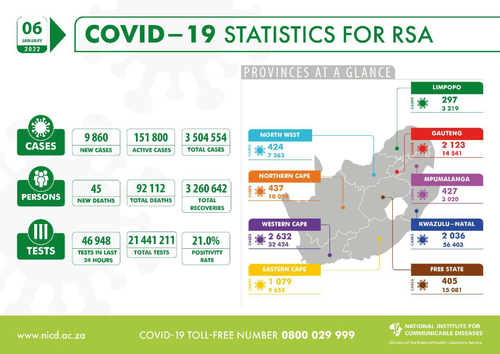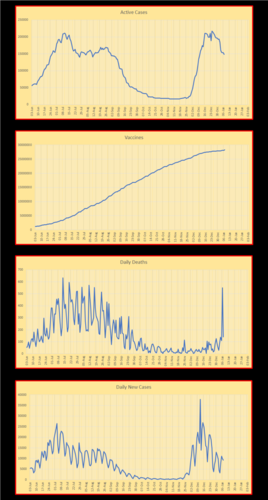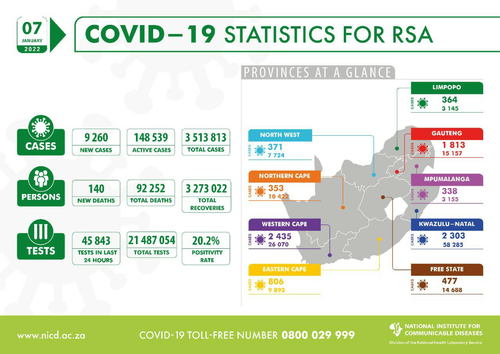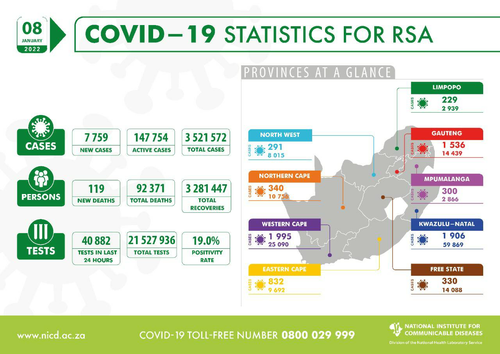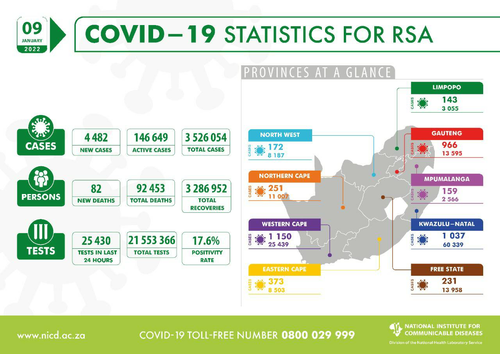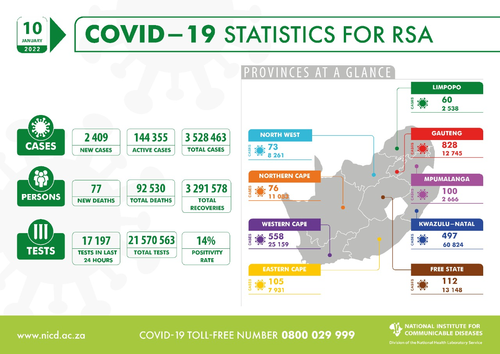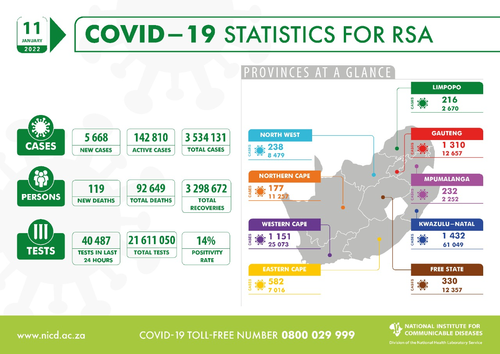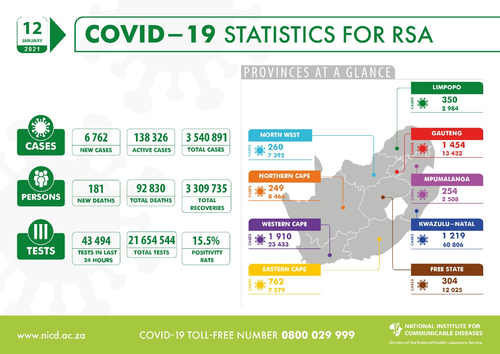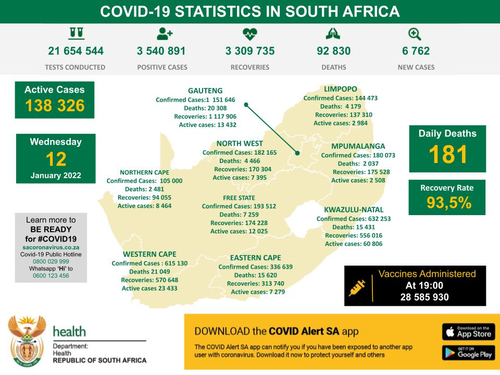To put it in simple words, the evolution is unpredictable because it depends on mutations that appear in a random way. What we hope for though is a mutation with less virulence and more transmissibility so that most of people get it without causing a high death toll and that’s where we’re at now with the Omicron…
I am fairly well versed on the chaos principle, (aka nature in this case), so I have to agree on the unpredictability based on a predictable path, (which in this context is survival), and I share your hope for a mutation / evolution into something we can live with, as I'm growing somewhat "gatvol", (love that word!), of the worlds status quo



